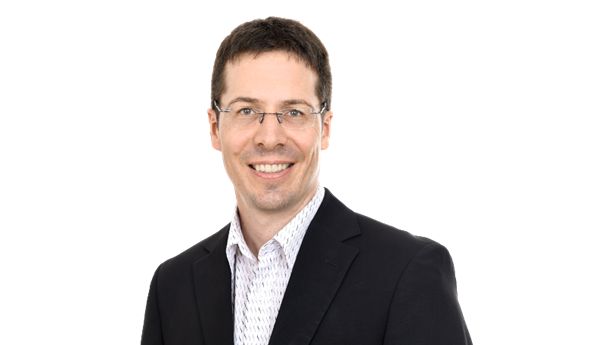
SICTIC, the largest Swiss Angel Investors Club, presented its investment report yesterday. We asked SICTIC President Thomas Dübendorfer how the valuations have developed, where new investors are coming from and what makes start-ups VC-ready.
Stefan Kyora: The number of financing rounds, particularly of early-stage companies, has remained high. The figures presented in the SICTIC Investment Report show this impressively. What is the trend regarding the invested amounts?
Thomas Dübendorfer: They have declined since mid-2022. At SICTIC, we contribute to rounds of less than two million francs. In 2021 and at the beginning of last year, many start-ups were aiming for the maximum value and were also able to complete rounds in this size. Now most investments are smaller. In 2022, the median across all investments was CHF 1.2 million.
Can this be attributed to the greater negotiating power of angel investors or are there other reasons?
There are certainly more start-ups looking for money than investors at the moment. The investors can pick and choose the teams. Oversubscribed rounds and teams that can select their investors are rare. In addition, VCs have become much more demanding in their requirements for startups. There are often several angel rounds before a company is VC-ready. Out of the 106 SICTIC rounds last year, almost half were follow-on financings with existing investors.
What does a startup have to achieve to be VC-ready?
In the past, it was enough to reach the magic threshold of one million francs in turnover. Today, it is additionally required, for example, that the revenue comes from different customer groups and from different countries. It takes longer and needs more resources to achieve this.
I assume the situation has also affected the valuations?
Yes. They are 20% to 30% lower than they were a year and a half ago.
While the investments have become smaller on average, there is stability in the number of rounds that SICTIC has facilitated and also in the number of members. Both figures are slightly up compared to those of the previous year. Have no investors left you in 2022?
There were some investors who currently no longer want to make new investments and have left SICTIC. However, the reason for this is mostly the lack of time for due diligence and support of the start-ups. On the other hand, new members continued to join. I am particularly pleased that numerous founders who had sold their startups became active. Some became members of SICTIC directly after the acquisition was completed.
These are probably sought-after investors because they have fresh experience.
Absolutely. Combine that with the fact that these founders turned investors often lead investments.
In 2023, SICTIC wants to broaden its focus and also include deep-tech start-ups in its portfolio. Which verticals will be in the foreground?
One vertical will certainly be health tech. We had already received concrete requests from investors in this area. However, this is not a completely new area for us. We already have several health tech start-ups in our portfolio.
Finally, what was your personal highlight of 2022?
I am particularly pleased that our current 254 start-ups in the SICTC portfolio have created a good 5,000 jobs so far.
(Interview: Stefan Kyora)























































Please login or sign up to comment.
Commenting guidelines